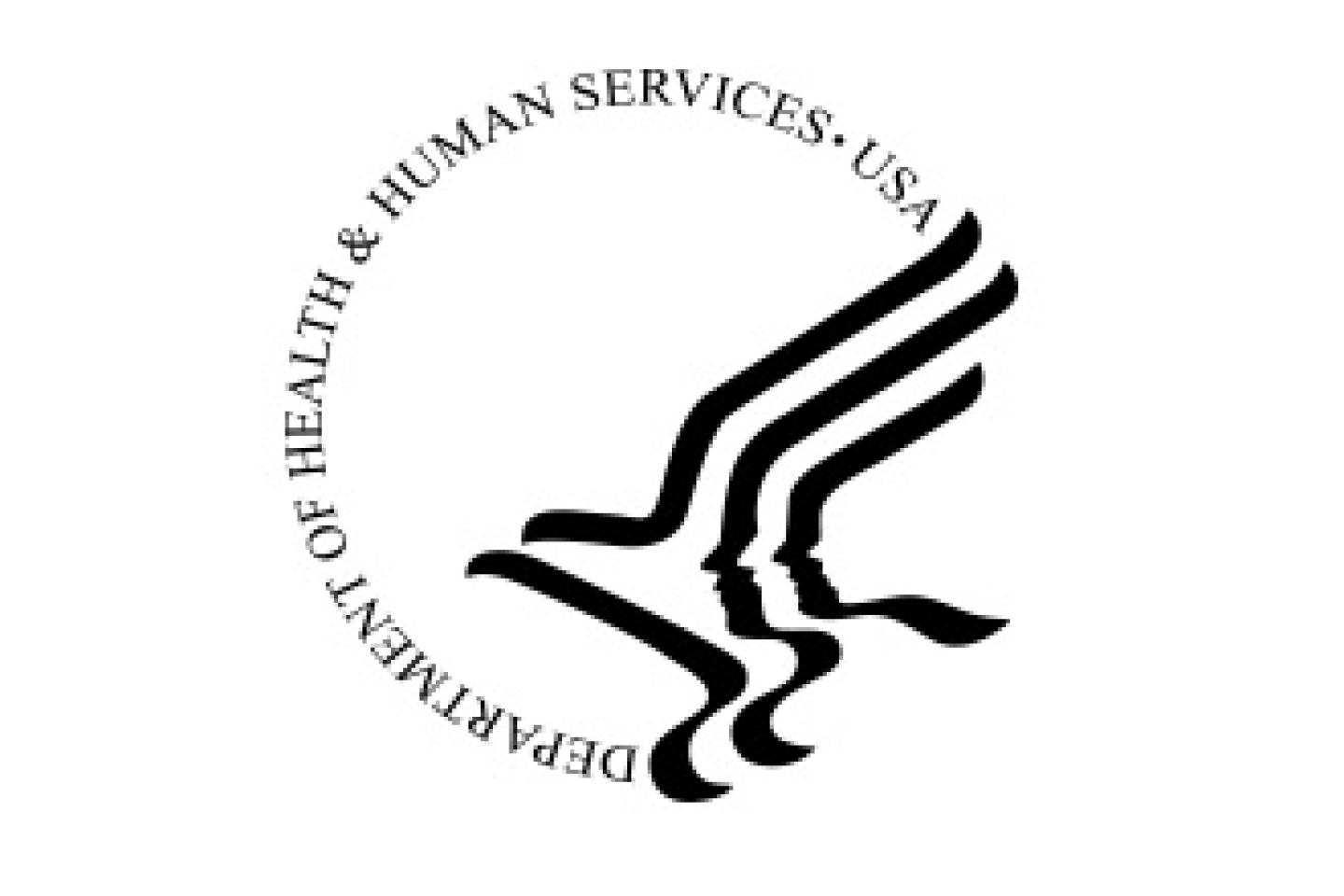HHS Launches Housing and Services Accelerator for Medicaid and Announces New Homelessness Prevention Funding
On the heels of Secretary Xavier Becerra becoming chair of the U.S. Interagency Council on Homelessness (USICH), the Department of Health and Human Services (HHS) announced new grants to help prevent and end homelessness as well as the launch of the Housing and Services Partnership Accelerator.
HHS Secretary Becerra will lead USICH at a time when many communities have been reporting rises in homelessness. Many people experiencing, or at risk of, homelessness—including people with disabilities and older adults—need help obtaining housing that is both affordable and accessible. Many also need access to supportive services—such as behavioral health services, personal care assistance, tenancy supports, accessible transportation, and home-delivered meals—in order to live successfully and stably in the community.
Housing and Services Partnership Accelerator
The Housing and Services Partnership Accelerator, launched in coordination with the Department of Housing and Urban Development (HUD), will support state Medicaid programs in the development or expansion of innovative housing-related supports and services through section 1115 demonstrations for people with disabilities and older adults experiencing or at risk of homelessness.
Accelerator applications are due December 1. Interested applicants are invited to register for an informational webinar on November 13.
The Accelerator is offered through the Housing and Services Resource Center operated by HHS, HUD, and the Department of Agriculture and led by HHS' Administration for Community Living.
Affordable Housing and Supportive Services Demonstration Program
Through the Administration for Children and Families (ACF), HHS awarded nine new grants totaling $2.1 million to fund the Affordable Housing and Supportive Services Demonstration Program.
This is a new federal pilot program within the Office of Community Services. The funding will help build and strengthen the capacity of owners and operators of affordable housing to provide wraparound and supportive services to residents, including on-site child care, financial literacy and coaching, GED preparation classes, transportation assistance, early childhood and youth programs, and mental health services.
Runaway and Homeless Youth Program
Also through ACF, HHS awarded nearly $4 million in grants through the Runaway and Homeless Youth Program.
The grant recipients will design and deliver community-based demonstration initiatives to prevent youth homelessness. Through the development and coordination of partnerships with youth and young adult service providers, community organizations, youth and young adults with lived experience of homelessness or housing instability, and private and public agencies, the recipients will identify young people at risk of homelessness; design and develop a comprehensive prevention plan to prevent youth homelessness; and implement robust, holistic prevention services tailored for youth and young adults to respond to the diverse needs of youth who are at risk of homelessness and their families.



